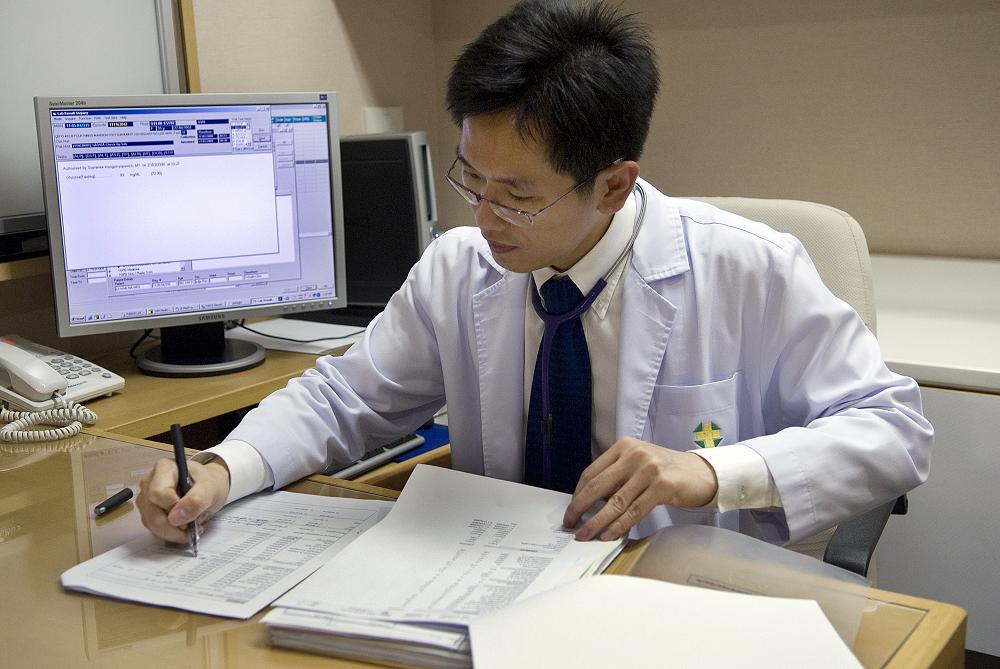
Make yourself at home
The integration of overseas trained doctors into our health sector is challenging for them.
With a shortage of medical practitioners, developed countries are seeking to attract and retain Overseas Trained Doctors (OTDs). OTDs make up a high percentage of the Canadian (24%), Australian (40%) and New Zealand (40%) medical workforce. But the registration process is lengthy, complex, expensive, and confusing, and many OTDs become underemployed, unemployed, or disillusioned.
Hufsa Kazmi from Ara Institute of Canterbury, Junaid Burney from Te Whatu Ora, and Sanjeev Acharya from Southern Institute of Technology have investigated what these challenges are, their impact for the OTDs, and the role of social support during the registration process. Ten in-depth, semi-structured interviews and 216 self-administered surveys were conducted with OTDs residing in Canada, Australia, and New Zealand. Participants were either going through or had completed their registration processes between 2013 and 2018. Thematic analysis of the interviews and statistical analysis of the surveys were completed.
The team found similarities across the three countries. The main challenges faced by OTDs are: limited opportunities (for example to observe other medical practitioners perform their duties without being involved in patient care); lack of adequate, reliable, and clear information; financial constraints; time constraints and lack of government support. Some of these challenges had not been explored previously. Several challenges have led to a weak-negative impact on the OTDs' life satisfaction, whilst social support has a moderate to a positive impact on the OTDs’ life satisfaction.
The research team identified practical steps that OTDs could take before and after migration to help achieve registration and gain employment. They also have recommendations for governments: streamlining information and its accessibility to OTDs, equal employment opportunities, supporting OTDs’ integration into medical employment, providing financial assistance to OTDs going through the registration process across the three countries, and amending current supervision policies of training in Australia.
